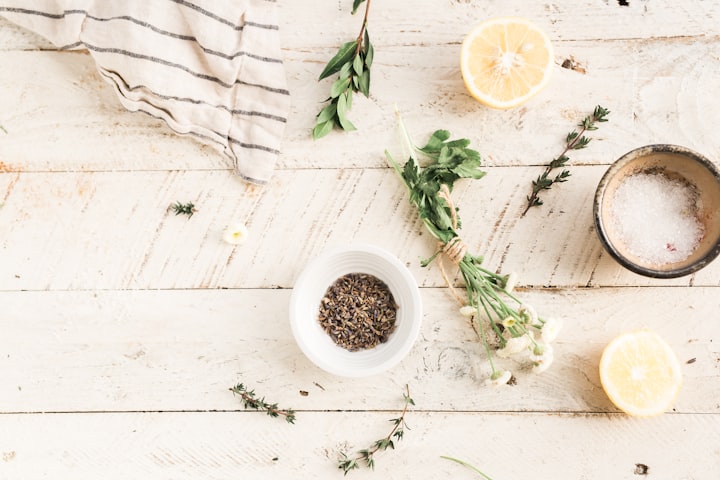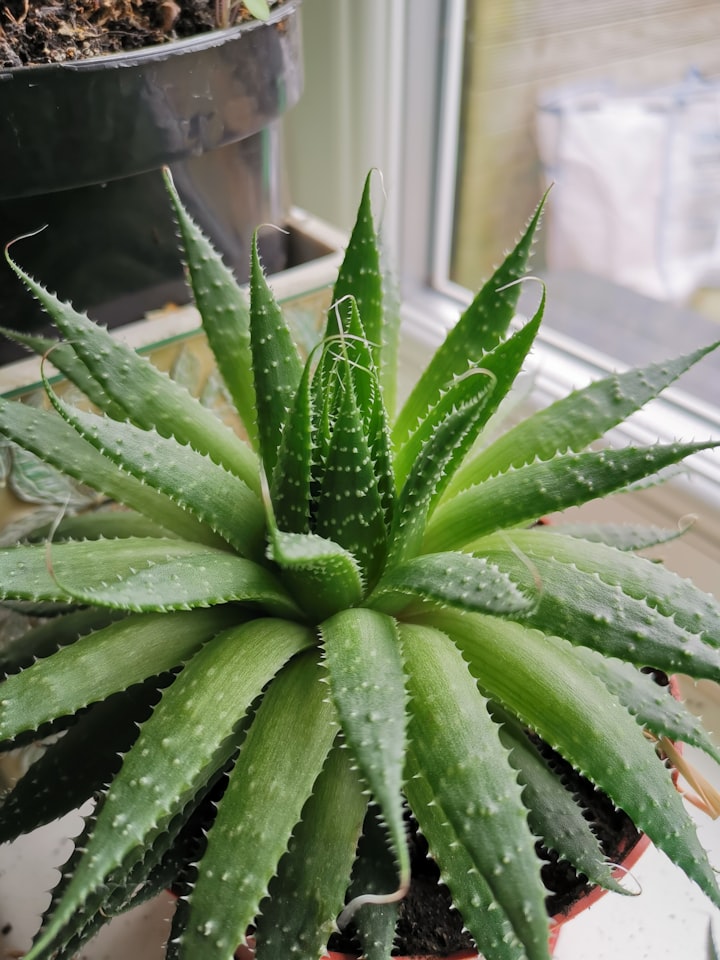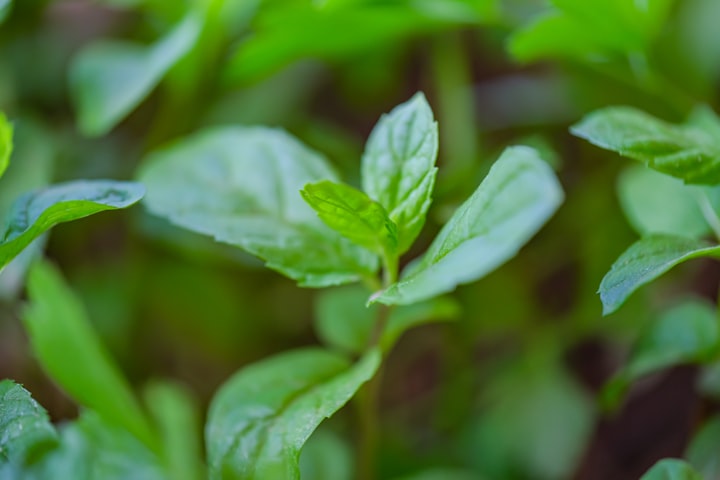
If you're looking to add a little something extra to your garden, consider adding some medicinal plants! Growing medicinal plants in your garden can provide you with many benefits, from being able to make your own herbal remedies to creating a beautiful and healthful environment. If you want to improve your garden and your health, read on to learn more about the different types of medicinal plants, the benefits of growing them in your garden, and tips for getting started.
Aloe Vera

Aloe vera is one of the most popular plants used for medicinal purposes. It’s been used for thousands of years, and with good reason: its gel contains over 200 different active compounds which can be used to treat a variety of ailments. Aloe vera has anti-inflammatory properties, making it great for treating skin conditions such as sunburn, rashes, and insect bites. It can also be used as a moisturizer to help soothe dry, itchy skin. When taken internally, aloe vera juice can help aid digestion and support your immune system. It's also thought to reduce inflammation in the body, helping to reduce symptoms of arthritis and joint pain. Growing aloe vera in your garden can provide easy access to this beneficial plant for use in healing salves, facial creams, or juices.
Chamomile

Chamomile is a flowering herb in the daisy family, and it has been used for centuries for medicinal purposes. It is native to Europe, but it can now be found all over the world. Chamomile has a variety of uses, including relieving stress and anxiety, reducing inflammation, and improving digestion.
Chamomile is used as a calming tea, and it can also be used topically on the skin. It contains compounds like bisabolol, chamazulene, and flavonoids that have anti-inflammatory, antispasmodic, antibacterial, and antioxidant properties. Chamomile tea can help with insomnia, anxiety, menstrual cramps, and digestive issues. When applied topically, it can reduce skin inflammation and soothe skin irritations such as eczema and psoriasis.
Chamomile is easy to grow in your garden as long as you give it plenty of sun and water. The flowers make a beautiful addition to flower beds and cut bouquets. Growing chamomile in your garden also means you’ll always have a supply of fresh chamomile when you need it for tea or topical applications.
To get information about other medicinal plants and to grow them in your backyard, click here.
Echinacea

Echinacea, also known as coneflower, is a genus of flowering plants in the daisy family. It is native to North America and is widely used in herbal medicine. Echinacea has been used traditionally to treat various infections and diseases, such as the common cold and flu.
The active ingredients in echinacea are thought to boost the immune system and reduce inflammation. Studies have shown that taking echinacea can shorten the duration of colds, reduce symptoms, and reduce the risk of recurrent infections.
Echinacea is available in many forms, including tea, capsules, tinctures, and topical creams. When used topically, it is thought to help soothe skin conditions like psoriasis and eczema.
Echinacea can be easily grown in gardens and requires full sun and well-drained soil. The plant blooms from mid-summer to fall and produces beautiful pink or purple flowers. It is an easy to care for plant and makes a great addition to any garden.
To get information about other medicinal plants and to grow them in your backyard, click here.
Lavender

Lavender is one of the most popular medicinal plants to have in your garden. This fragrant plant has long been used to treat a wide variety of ailments, ranging from headaches to insomnia.
One of the primary benefits of lavender is that it can be used to help with relaxation and stress relief. Inhaling lavender essential oil or steeping the flowers in a cup of hot water can help to reduce feelings of anxiety and stress. It can also be used as an antiseptic and disinfectant to cleanse cuts and scrapes.
In addition to its calming effects, lavender can also help with digestion. It can be used to help soothe an upset stomach, reduce nausea and even reduce flatulence. It can also help alleviate cramps and menstrual pain.
Finally, lavender is known for its ability to help promote healthy skin. Its antibacterial and antifungal properties make it a great natural remedy for acne, psoriasis and eczema. In addition, it can be used to make a relaxing bath soak or a soothing face mask.
When growing lavender in your garden, make sure you keep it in a sunny spot with well-draining soil. It’s important to water the plant regularly, but make sure the soil isn’t soggy. Lavender thrives when pruned back each year and requires little maintenance overall.
Peppermint

Peppermint (Mentha piperita) is one of the most popular and versatile herbs used for medicinal purposes, and it can be easily grown in a garden. Peppermint is rich in vitamins and minerals, including vitamins A, C, D, E, and K, as well as calcium, magnesium, potassium, and iron. The menthol in peppermint is known to have antibacterial and antifungal properties, making it effective in treating a wide range of conditions from skin problems to respiratory issues.
Peppermint tea is often recommended as a remedy for nausea, indigestion, headaches, and muscle aches. The menthol in peppermint can also help relieve congestion and soothe sore throats. Furthermore, drinking peppermint tea can even aid with weight loss.
Peppermint can be used topically to soothe insect bites, reduce inflammation, and even alleviate itching. Additionally, its antiseptic properties make it useful in treating skin infections.
The aroma of peppermint is known to be calming and uplifting, making it a great addition to any garden. Not only can it be used medicinally, but it can also be used as a culinary herb or for aromatherapy.
To get information about other medicinal plants and to grow them in your backyard, click here.
Rosemary

Rosemary is an evergreen shrub native to the Mediterranean region that has been used medicinally for centuries. This hardy herb has a woody and slightly bitter flavor, making it a popular culinary spice. But Rosemary also has many medicinal properties, making it a great addition to any garden.
Rosemary is high in antioxidants and can help reduce inflammation and fight infections. It can also improve digestion, ease indigestion, and boost the immune system. When taken as a tea, rosemary may provide relief from headaches, help treat colds, and ease joint pain.
Rosemary oil is a powerful natural remedy that can be used topically to treat wounds, reduce pain and inflammation, and even treat fungal infections. Inhaling rosemary oil can also help with anxiety and depression, as well as reducing congestion.
Rosemary is also thought to be beneficial for memory and cognitive functioning. Studies have found that consuming rosemary regularly may improve recall and mental alertness. Additionally, rosemary is thought to help reduce stress levels, lower blood pressure, and even protect the heart.
In addition to its medicinal benefits, rosemary is an attractive plant to have in your garden. Its evergreen needles make a great border or edging plant, while its small white flowers add beauty to the garden. Rosemary is also easy to grow, requiring little maintenance once established. All in all, rosemary is an excellent choice for any medicinal garden!
Thyme

Thyme is an aromatic, evergreen shrub with fragrant leaves and pinkish-purple flowers that is native to the Mediterranean region. It is widely used as a seasoning for various dishes, but it has also been used for medicinal purposes for centuries. Thyme has a variety of health benefits and is known to be a natural antiseptic, antiviral, and expectorant.
It can be used to treat a wide range of ailments, including respiratory issues, digestive issues, skin conditions, and even depression. It has been used to treat bronchitis and chest congestion by steeping it in hot water and drinking tea. It has also been found to have anti-fungal properties and is a great remedy for acne and other skin conditions when combined with other essential oils or applied topically.
Thyme can also be beneficial for the immune system due to its high levels of antioxidants and its ability to fight off bacteria and viruses. It can also help reduce inflammation and ease joint pain due to its anti-inflammatory properties.
In terms of mental health, thyme can be used to reduce stress and anxiety due to its calming effects. The aroma of thyme has been known to help alleviate tension headaches, induce relaxation, and even improve mood.
Overall, thyme is an incredibly versatile herb that has many health benefits. It is easy to grow in a garden and can be used fresh or dried in many dishes or as tea. Whether used for culinary or medicinal purposes, it is an invaluable herb to have around!
To get information about other medicinal plants and to grow them in your backyard, click here.





Comments
There are no comments for this story
Be the first to respond and start the conversation.